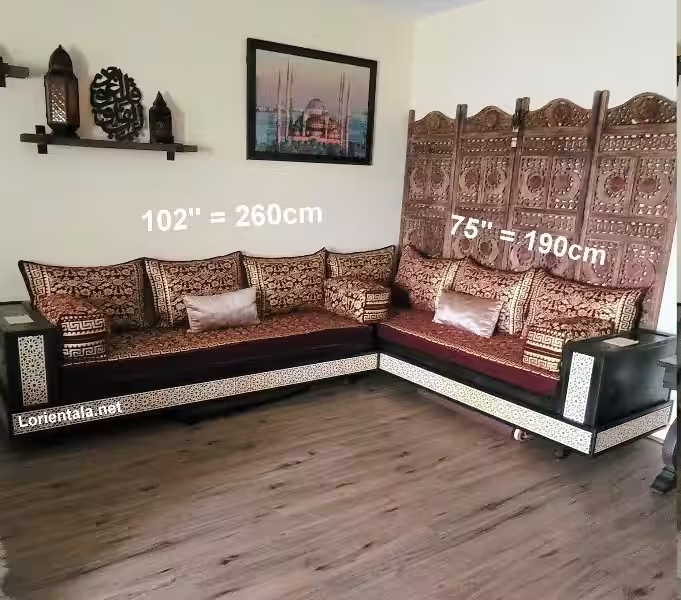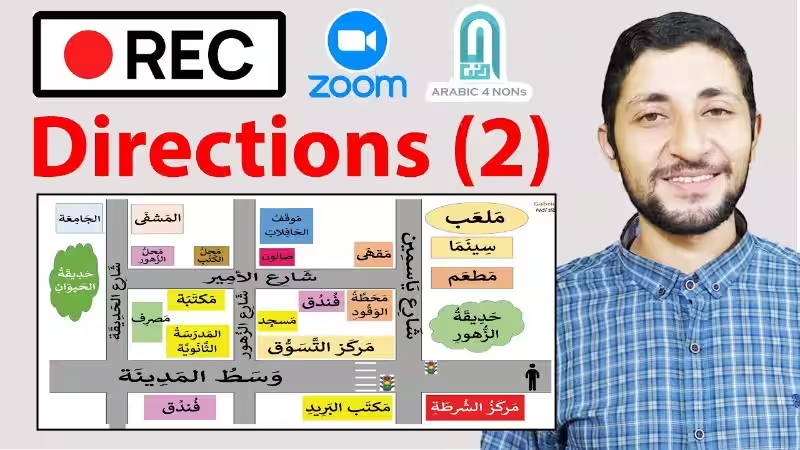
Whether you’re planning a day trip to the souk, a night out with friends, or simply heading to the next stop on your adventure, learning how to say “Let’s go” in Arabic is a crucial step in navigating the rich cultural tapestry of the Arab world. From the bustling streets of Cairo to the serene landscapes of Morocco, the phrase “Let’s go” can be a catalyst for new experiences, connections, and a deeper understanding of the Arabic language.
Unlocking the Power of “Yalla!”
The most common and versatile way to say “Let’s go” in Arabic is “Yalla!” (pronounced “ya-la”). This is an informal phrase that can be used in a wide variety of contexts, from casual outings with friends to urging someone to hurry up. It carries a sense of enthusiasm and a call to action, making it perfect for situations where you want to encourage someone to join you on a spontaneous adventure.
Imagine you’re at a bustling café with friends, the aroma of freshly brewed coffee filling the air. You’ve been chatting for a while, and you’re ready to explore the vibrant neighborhood. Simply saying “Yalla!” with a bright smile is enough to signal your readiness to move on to the next exciting stop. The sound of “Yalla!” itself evokes a sense of movement, suggesting that the journey is about to begin.
Beyond “Yalla!”: Exploring Nuances
While “Yalla!” is a great starting point, understanding the nuances of Arabic requires exploring other ways to express “Let’s go” in different situations. For instance, “Khalina nishouf” (pronounced “kha-li-na ni-shuf”) is a more casual way to say “Let’s go” that literally translates to “Let’s see.” This phrase is often used when suggesting exploring a new place or checking out a particular attraction.
Imagine you’re browsing through a charming souk, filled with colorful textiles, intricate jewelry, and the enticing smells of spices. You see a particularly interesting stall and want to take a closer look. You can simply say “Khalina nishouf” to invite your friends to join you in discovering the treasures within. This phrase conveys a sense of curiosity and an invitation to share the experience together.
Formal Encounters: Navigating with Respect
In formal situations, it’s essential to use more polite and respectful language. Instead of “Yalla!”, consider using “Nishouf” (pronounced “ni-shuf”) which literally means “Let’s see” but is considered more formal and appropriate when speaking to someone older, someone you don’t know well, or in a professional setting.
Imagine you’re attending a business meeting with important clients. You’ve completed the presentation and are ready to move on to the next step. Instead of saying “Yalla!”, you can respectfully say “Nishouf” to signal your readiness to continue the conversation or proceed to the next stage of the meeting. This phrase conveys a sense of respect and consideration for the other party.
Diving Deeper: Beyond the Basics
The Arabic language is rich with diverse expressions. To truly embrace the beauty of the language, it’s important to explore phrases that go beyond the basic “Let’s go.” For example, “Tala’a” (pronounced “ta-la-a”) means “to go out,” and it can be used to say “Let’s go out” in a more specific context. This conveys a sense of purpose, suggesting that you’re heading out for a particular activity.
Imagine you’re planning a night out with friends, and you’re ready to hit the town. You can use “Tala’a” to express your excitement for the evening ahead. This phrase is not only a way to say “Let’s go” but also a way to convey your anticipation for the fun and experiences that lie ahead.
Embracing the Journey: A Continuous Learning Process
Learning the nuances of “Let’s go” in Arabic is not just about memorizing phrases; it’s about understanding the cultural context and the subtle ways language shapes human interactions. By listening to native speakers, immersing yourself in Arabic media, and engaging in conversations with Arabic speakers, you can deepen your understanding and appreciate the richness of the language. Remember, language is a living, evolving entity, and the journey of learning is a continuous process of discovery and growth.
So, go ahead, embrace the spirit of “Yalla!” and embark on your own adventure into the world of Arabic. With every interaction, every new phrase you learn, you’ll be opening doors to a world of possibilities and connecting with a vibrant culture in a truly meaningful way.
Let’s Go! A Guide to Saying “Let’s Go” in Arabic
What is the most common way to say “Let’s Go” in Arabic?
“Yalla!” (pronounced “ya-la”) is the most common and versatile way to say “Let’s go” in Arabic.
What are some other ways to say “Let’s Go” in Arabic?
- “Khalina nishouf” (pronounced “kha-li-na ni-shuf”)
- “Mussaferin?” (pronounced “moo-sa-fe-reen”)
- “Nishouf” (pronounced “ni-shuf”)
- “Khali na” + verb (e.g., “Khali na ntalla’a” – “Let’s go up”)
What are some regional variations for “Let’s Go” in Arabic?
In Egypt, “Yalla” is often replaced with “Ma’a as-salama” (“With peace”). “Nishouf” is used in many dialects but may be replaced with “Banashouf” (pronounced “ba-na-shuf”) in some regions.
What is a more formal way to say “Let’s go” in Arabic?
“Nishouf” (pronounced “ni-shuf”) is considered more polite than “Yalla.”
How can I practice saying “Let’s go” in Arabic?
Listening to native speakers, watching Arabic movies or shows, and interacting with Arabic speakers can help you learn and understand the various ways the phrase “Let’s go” is used in different situations.
- “Yalla” (يلا): The most common and versatile way to say “Let’s go.”
- “Nish’a” (نِشَأ): A slightly more formal way, implying urgency.
- “Nimshee” (نمشي): Literally means “Let’s walk”.
- “Khulna” (خلنا): Used in specific contexts, like “Let’s go eat.”
- “Nasta’id” (نستأذن): Formal way to say “Let’s go” when leaving.
- “Na’tlaq” (نَتْلَق): Very formal, often used in official settings.
- “Khalina nishouf” (خلنا نشوف): Means “Let’s see” but often used for “Let’s go” casually.
- “Mussaferin?” (مسافرين): A formal question meaning “Are we travelling?” but used to convey “Let’s go.”
- “Nishouf” (نشوف): A polite way to say “Let’s go” in formal settings.
- “Khali na” + verb: A formal way to specify the destination or action.
- “Ma’a as-salama” (مع السلامة): Used in Egypt instead of “Yalla.”
- “Banashouf” (بانشوف): Used in some regions instead of “Nishouf.”
- “Tala’a” (طلع): Means “to go out.”
- “Yalla, yalla!” (يلا يلا): Used to express excitement.
- “Yalla, bil-a’ajel!” (يلا بالعجل): Means “Let’s go, quickly!”








